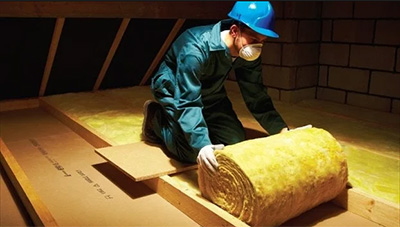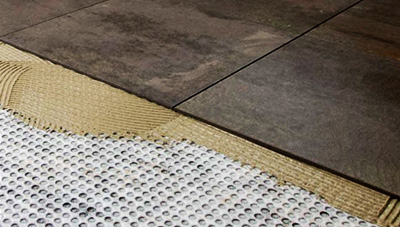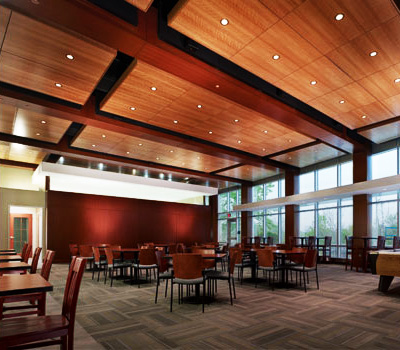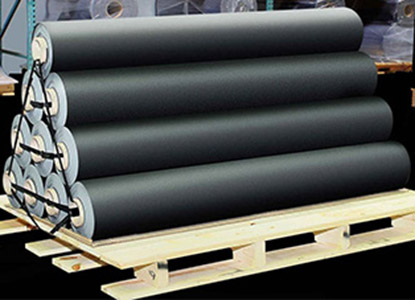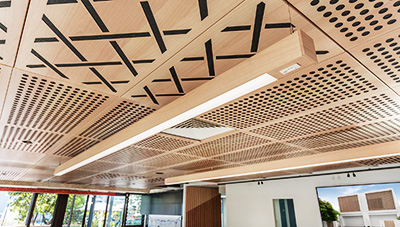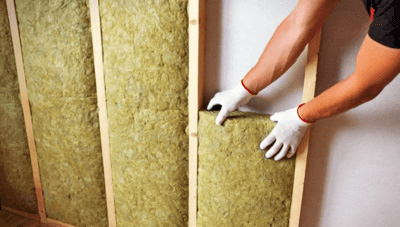
Rockwool for Thermal and Sound Insulation is a material made from natural rocks, such as basalt or diabase, that are melted and spun into fibers. These fibers are then formed into mats, rolls or panels, which are used as insulation for buildings. Rockwool is also commonly known as mineral wool. It is widely used in both residential and commercial construction to improve energy efficiency and soundproofing. The material is known for its ability to trap air within its fibers, making it highly effective at preventing heat loss in winter and heat entry in summer. It is also useful for reducing noise, making buildings more comfortable and quiet.
Rockwool for Thermal and Sound Insulation has several important features that make it an excellent choice for many building projects. One of the standout feature of Rockwool is its fire resistance because it is made from natural stones, it is non-combustible and can withstand very high temperatures, making it a safer option for insulation. Rockwool is also water-resistant and does not absorb moisture, which helps prevent mold growth and maintains its insulating properties over time. Additionally, it is flexible and easy to install in walls, ceilings and floors, which adds to its practicality. It is available in various forms, including rolls for large areas and pre-cut panels for more precise applications.
Rockwool for Thermal and Sound Insulation provides a wide range of benefits, especially when it comes to energy efficiency and comfort. One of the primary benefits of using Rockwool is its ability to reduce heat transfer. This means that buildings stay warmer in winter and cooler in summer, leading to lower energy consumption for heating and cooling. As a result, energy bills are reduced and the overall environmental impact of the building is lessened. In terms of sound insulation, Rockwool is highly effective at absorbing noise, making it ideal for spaces like offices, apartments or recording studios where noise control is important. It helps minimize sound traveling between rooms, as well as from external sources, creating a more peaceful indoor environment.
Rockwool for Thermal and Sound Insulation is significant because it contributes to more sustainable and efficient buildings. As awareness of energy conservation grows, many countries and organizations are focusing on using materials that reduce energy use and enhance building performance. Rockwools insulating properties help achieve these goals by making buildings more energy-efficient, which can reduce their carbon footprint. Furthermore, its soundproofing capabilities make it valuable in urban environments, where noise pollution is a common problem. Rockwool is also a long lasting material that requires little maintenance, ensuring that the building insulation continues to work effectively for years. By choosing Rockwool for thermal and sound insulation, building owners can create safer, more comfortable and eco-friendly spaces.

